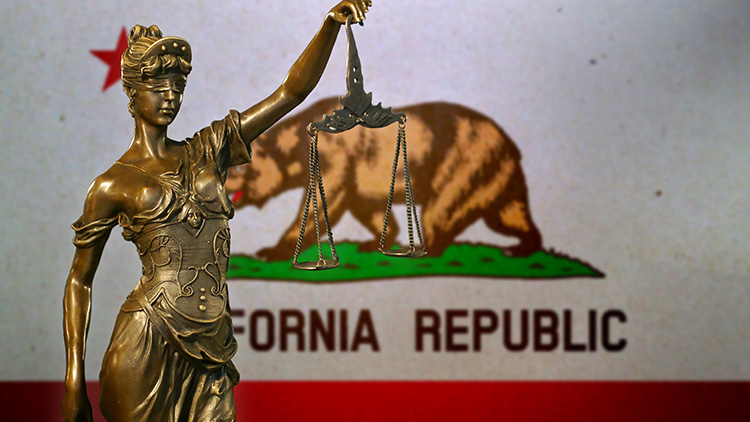


California’s Proposed Ethics Rules Are Setting The Stage For Legal Technology
- Legal Transformation
- 4 Mins
California is at it again with legal innovation. The California State Bar is exploring the benefits of allowing non-lawyers to perform certain legal functions. The main goal is to determine if allowing this change and integration, especially when dealing with the technology market, will provide consumers with better access to legal services. In 2018, the California State Bar Board of Trustee received a report that detailed how some ethics rules prohibit innovation and can decrease access to legal services. Consequently, the California State Bar Board of Trustees created a task force to investigate these issues examined in the report. In July 2019, the Board approved several proposals for public comment, which included these crucial regulatory changes:
Legal Fee-Sharing Between Lawyers and Non-lawyers
The task force presented two options for amending the fee-sharing rule. From a more conservative angle, a lawyer can give a non-lawyer part of a fee if their organization solely provides legal services. The second and more radical approach would allow a lawyer to give a non-lawyer part of a fee in any scenario as long as they obtain client consent. According to the task force, the revised rule would prohibit interference with a lawyer’s independent professional judgment.
Non-lawyers to Own or Invest in Law Firms
If this becomes a rule, the Board would need to require that organizations clearly define ownership roles between lawyer and non-lawyer investors in order to keep client confidentiality and public protection a top priority over profit.
Allowing Non-lawyers to Render Eligible Legal Services
The task force noted that “…trained non-lawyers, or certain forms of technology, may be able to provide accurate legal advice in faster, cheaper, and more innovative ways than lawyers can.” A revision like this would include the need for limited licenses and possibly a new regulatory body. Regulations would need to hold non-lawyers to the same ethical standards as lawyers and account for confidentiality concerns.
Beneficiaries of the New Ethics Rules
Examples of new players that could be included in these changes would be a technological organization housing a solution that generates legal contracts or one the “Big Four” accounting firms. A major benefit of fee-sharing and investment opportunities is that more technology professionals would have a reason to want to devote their time and money to the legal industry, thus creating more products, business opportunities, and jobs. Collaboration with other professionals also fosters new ideas, faster product development, and cost reductions. Now that the public comment period has ended, the task force will review and present final recommendations to the Board by December 31, 2019. If the Board determines that these recommendations are meritorious, they will send them to the California Supreme Court for review and approval.
Conclusion
While there could be pushback from some lawyers who resist change, if any state is going to be the first to implement this type of change -- California is where it will happen. However, other states like Arizona and Utah are already investigating similar issues. To gain approval as well as set new industry standards, the task force will need to illustrate that these proposals will help consumers have better access to justice while still preserving the lawyer’s sacred role and professional judgment in the industry.
The contents of this article are intended to convey general information only and not to provide legal advice or opinions.